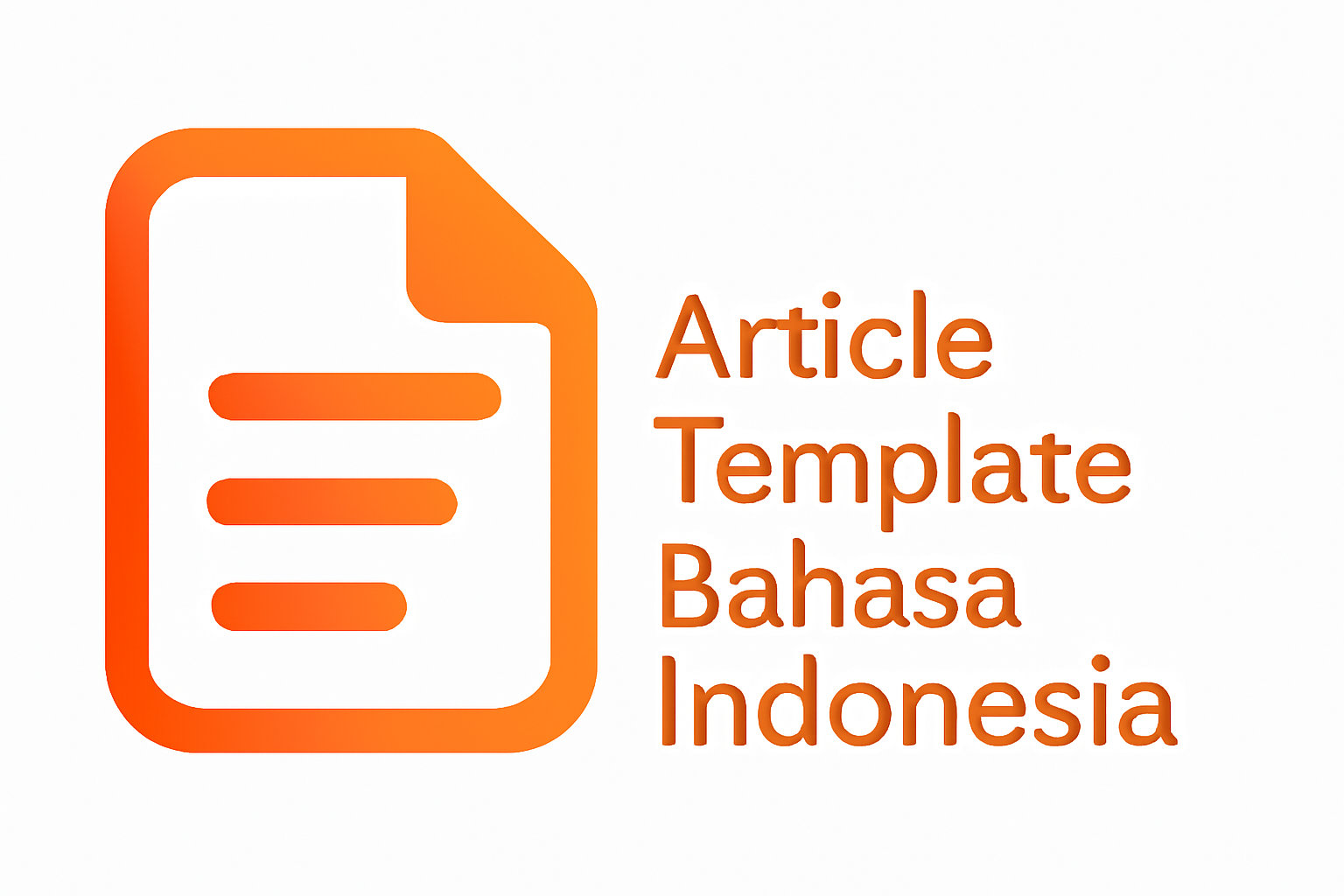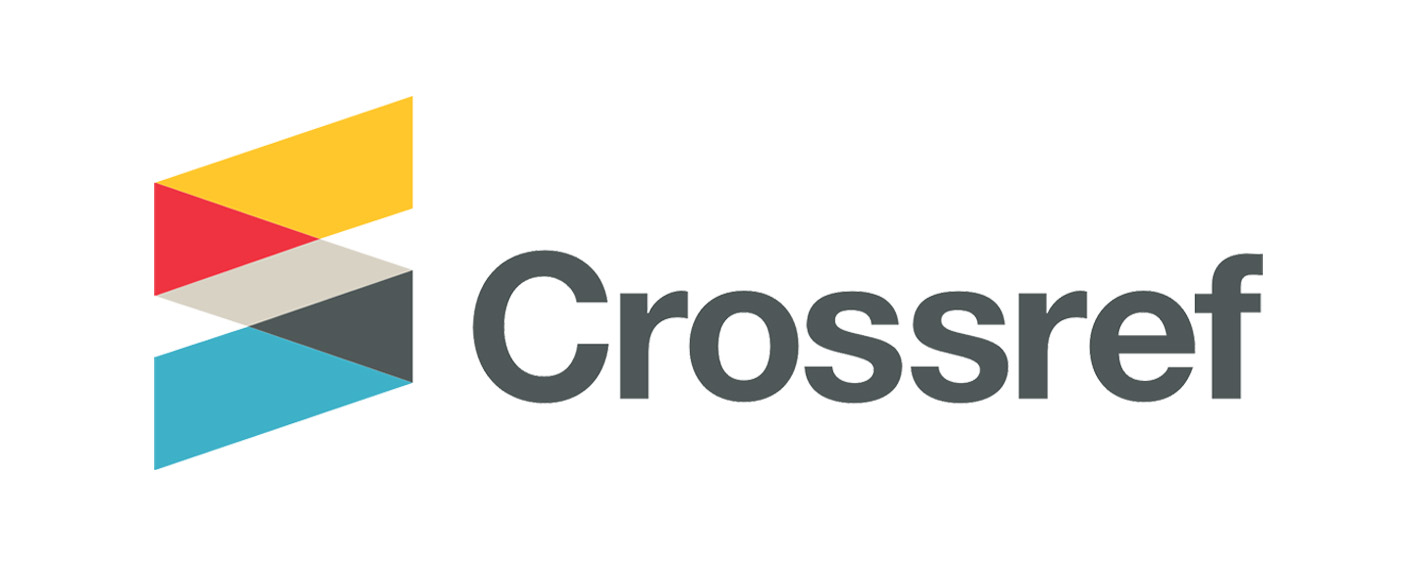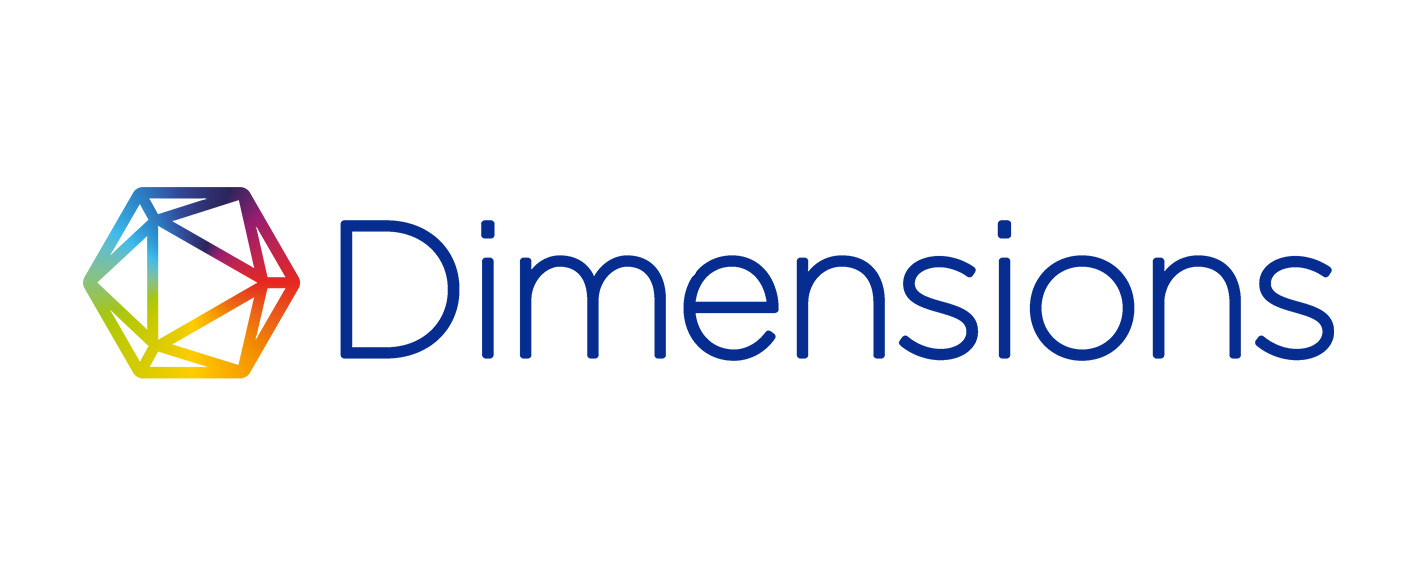Pentingnya Penerapan Gender Mainstreaming dalam Segala Aspek Kerja Profesional: Strategi untuk Mewujudkan Keadilan dan Efisiensi Organisasi
DOI:
https://doi.org/10.30872/dohgisin.2944Keywords:
gender mainstreaming, kerja profesional, keadilan gender, organisasi inklusif, kebijakan kerjaAbstract
Penerapan gender mainstreaming di lingkungan kerja profesional merupakan strategi penting untuk menciptakan organisasi yang adil, setara, dan efisien. Pendekatan ini tidak hanya memiliki landasan moral dan hukum, tetapi juga berperan dalam meningkatkan kualitas pengambilan keputusan, efektivitas tim, serta daya saing institusi. Gender mainstreaming dipahami sebagai proses sistemik yang mengintegrasikan kebutuhan perempuan dan laki-laki secara setara dalam seluruh kebijakan dan praktik organisasi. Berdasarkan Instruksi Presiden No. 9 Tahun 2000, implementasinya masih menghadapi hambatan struktural dan budaya. Penelitian ini bertujuan menjelaskan konsep dasar gender mainstreaming dalam kerja profesional, menelaah urgensi serta tantangan pelaksanaannya, dan merumuskan strategi guna mewujudkan organisasi yang inklusif dan responsif gender. Metode studi pustaka dengan pendekatan normatif dan sosiologis digunakan untuk mengkaji hubungan antara kebijakan, struktur, budaya organisasi, dan transformasi institusional menuju kesetaraan gender. Gender mainstreaming menuntut kepemimpinan visioner, regulasi mendukung, dan perubahan budaya kerja. Hambatan resistensi struktural dan kultural menuntut sinergi kebijakan, edukasi, dan advokasi. Dalam konteks globalisasi, pengarusutamaan gender menjadi pilar penting bagi tata kelola organisasi modern yang adaptif, inovatif, dan berkelanjutan.
Downloads
References
Abdullah, S. (2013). Pembangunan Gender dan Benturan Tradisi. Socius, 13(1), 22–38. https://journal.unhas.ac.id/index.php/socius/article/view/394
Adiwinarto, S., & Nusanto, B. (2015). Strategy to Arrange Gender Responsive Budget in ex Besuki Residency. Rechtsidee, 2(1), 65–78. https://doi.org/10.21070/jihr.v2i1.5
Azis, A. A., & Azarine, A. N. (2023). Gender Mainstreaming in Indonesia’s Bilateral International Development Cooperation. European Journal of Humanities and Social Sciences, 3(6), 24–35. https://doi.org/10.24018/ejsocial.2023.3.6.516
BPS. (2023). Keadaan Angkatan Kerja di Indonesia Agustus 2023 (04100.2316; Vol. 45, Issue 2). https://www.bps.go.id/id/publication/2023/12/08/f8c567805aa8a6977bd4594a/keadaan-angkatan-kerja-di-indonesia-agustus-2023.html
Equality Now, Solidarity for African Women’s Rights, United Nations Development Programme, & African Union Commission. (2023). Gender Equality and International Law in Africa: The Role of Regional Economic Communities. https://equalitynow.storage.googleapis.com/wp-content/uploads/2023/03/28190941/Gender-Equality-Intl-Law-in-Africa-Report-2.pdf
Erika H., Y., & Suryaningsi, S. (2021). Upaya Masyarakat Memperoleh Akses Keadilan untuk Perwujudan Hak Azasi Manusia. Nomos : Jurnal Penelitian Ilmu Hukum, 1(4), 142–151. https://doi.org/10.56393/nomos.v1i4.579
Gupta, G. R., Grown, C., Fewer, S., Gupta, R., & Nowrojee, S. (2023). Beyond gender mainstreaming: transforming humanitarian action, organizations and culture. Journal of International Humanitarian Action, 8(1), 1–20. https://doi.org/10.1186/s41018-023-00138-1
Hadi, H. (2024). Implementasi dan Tantangan Anggaran Responsif Gender: Studi Literature. Iapa Proceedings Conference, 157–169. https://doi.org/10.30589/proceedings.2024.1049
Harsoyo, R. (2022). Teori Kepemimpinan Transformasional Bernard M. Bass dan Aplikasinya Dalam Peningkatan Mutu Lembaga Pendidikan Islam. Southeast Asian Journal of Islamic Education Management, 3(2), 247–262. https://doi.org/10.21154/sajiem.v3i2.112
Heinzel, M., Weaver, C., & Jorgensen, S. (2024). Bureaucratic Representation and Gender Mainstreaming in International Organizations: Evidence from the World Bank. American Political Science Review, 332–348. https://doi.org/10.1017/S0003055424000376
Hosein, G., Basdeo-Gobin, T., & Gény, L. R. (2020). Gender mainstreaming in national sustainable development planning in the Caribbean (pp. 1–59). Economic Commission for Latin America and the Caribbean (ECLAC).
Kurnia, D., Ma’arif, M. N., Ribcha, P., & Usep. (2023). Konsep Budaya Organisasi dan Perilaku Organisasi. Jurnal Pelita Nusantara, 1(3), 386–392. https://doi.org/10.59996/jurnalpelitanusantara.v1i3.289
Labadi, S. (2022). Gender equality and the empowerment of women. In Rethinking Heritage for Sustainable Development (pp. 135–163). UCL Press. https://doi.org/10.2307/j.ctv280b66f.11
Mellita, D., & Elpanso, E. (2020). Model Lewin Dalam Manajemen Perubahan: Teori Klasik Menghadapi Disrupsi Dalam Lingkungan Bisnis. MBIA, 19(2), 142–152. https://doi.org/10.33557/mbia.v19i2.989
Muhia, N., & Abuya, B. (2024). Equality in Programming for Girls and Boys: Adolescents’ Shared Experiences from an After-school Support Program in Urban Nairobi. Journal of Educational Research and Practice, 14(1), 212–227. https://doi.org/10.5590/jerap.2024.14.1.14
Mulawarman, W. G., Henny, P., Suryaningsi, S., Sulistyowati, E. D., Wahyuningsih, T., & Rokhmansyah, A. (2020). Kajian Pembangunan Manusia Berbasis Gender 2019: Perempuan kepala rumah tangga Miskin yang Mempunyai Usaha Ekonomi di Bontang, Samarinda, dan Kutai Timur. Istana Agency.
Nurhaeni, I. D. A., & Putri, I. S. (2025). Gender Mainstreaming in Indonesia: The Strategies and Challenges in Realizing Gender Equity and Equality. Proceedings of the 1st Joint International Conference on Social and Political Sciences: Challenges and Opportunities in the Future (JICSPS 2023), 260–270. https://www.atlantis-press.com/proceedings/jicsps-23/126007803
Rahmawati, Y., Suryaningsi, S., & Majid, N. (2024). Penerapan Prinsip Keadilan Sosial Terhadap Hak Tenaga Kerja Perempuan di Pertambangan Batubara Samarinda. SEIKAT: Jurnal Ilmu Sosial, Politik Dan Hukum, 3(1), 51–62. https://doi.org/10.55681/seikat.v3i1.1183
Rodi, K. (2009). CEDAW. DjbZ, 12(2), 68–69. https://doi.org/10.5771/1866-377X-2009-2-68
Schein, E. H. (1996). The Role of the Founder in Creating Organizational Culture. Jossey Bass.
Tidd, U. (1999). Simone de Beauvoir, gender and testimony (Vol. 61). Cambridge University Press.
United Nations Economic and Social Council. (1997). Excerpt from A/52/3 Chapter IV Coordination Segment: Coordination of the Policies and Activities of the Specialized Agencies and Other Bodies of the United Nations System. https://www.un.org/womenwatch/osagi/pdf/ECOSOCAC1997.2.PDF
Vithanage, A. C. (2021). Addressing Correlations Between Gender-Based Violence and Climate Change: An Expanded Role for International Climate Change Law and Education for Sustainable Development. Pace Environmental Law Review, 38(2), 327–382. https://doi.org/10.58948/0738-6206.1850
Westminster Foundation for Democracy. (2023). Gender Responsive Budgeting: Enabling the Practical Realisation of Equality. Westminster Foundation for Democracy and ENGENDER Consultancy.
World Bank. (2021). Women, Business, and the Law 2021. International Bank for Reconstruction and Development / The World Bank. https://wbl.worldbank.org/content/dam/sites/wbl/documents/2021/02/WBL2021_ENG_v2.pdf
Downloads
Published
Issue
Section
License
Copyright (c) 2024 Suryaningsi Suryaningsi, Herni Johan, Widyatmike Gede Mulawarman, Endang Herliah

This work is licensed under a Creative Commons Attribution-ShareAlike 4.0 International License.
This license permits use, sharing, adaptation, distribution, and reproduction in any medium or format as long as you give appropriate credit to the original author(s) and the source, provide a link to the Creative Commons license, and indicate if changes were made. If you remix, transform, or build upon the material, you must distribute your contributions under a CC BY-SA license. The images or other third party material in this work are included under the Creative Commons license unless indicated otherwise in a credit line to the material.
Under the following terms:
- Attribution: You must give appropriate credit , provide a link to the license, and indicate if changes were made . You may do so in any reasonable manner, but not in any way that suggests the licensor endorses you or your use.
- ShareAlike: If you remix, transform, or build upon the material, you must distribute your contributions under the same license as the original.
- No additional restrictions: You may not apply legal terms or technological measures that legally restrict others from doing anything the license permits.
Authors who publish with this journal agree to the following terms:
- Authors retain copyright and grant the journal right of first publication with the work simultaneously licensed under a Creative Commons Attribution License that allows others to share the work with an acknowledgement of the work's authorship and initial publication in this journal.
- Authors can enter into separate, additional contractual arrangements for the non-exclusive distribution of the journal's published version of the work (e.g., post it to an institutional repository or publish it in a book), with an acknowledgement of its initial publication in this journal.
- Authors are permitted and encouraged to post their work online (e.g., in institutional repositories or on their website) prior to and during the submission process, as it can lead to productive exchanges, as well as earlier and greater citation of published work (See The Effect of Open Access).














